Computer Pioneers, Heroes and Legends
Alan Turing 1912 to 1954
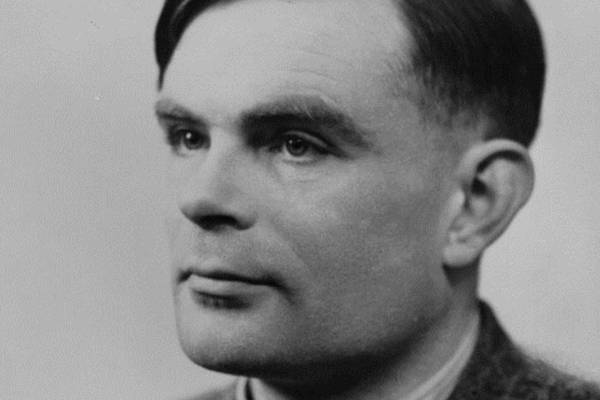
Alan Turing, born on June 23, 1912, in London, was a pioneering British mathematician, logician and cryptanalyst. He is widely considered the father of theoretical computer science and artificial intelligence. Turing’s most famous work was during World War II, where he played a crucial role in breaking the German Enigma code, significantly aiding the Allied war effort. His work at Bletchley Park, the UK’s codebreaking centre, was groundbreaking. In 1936, Turing introduced the concept of a “universal machine,” laying the groundwork for the modern computer. He also developed the Turing Test in 1950 to assess a machine’s ability to exhibit intelligent behavior equivalent to, or indistinguishable from, that of a human. Tragically, Turing’s life ended prematurely in 1954 due to cyanide poisoning, an incident widely regarded as suicide. Turing’s legacy endures in the realms of computing and AI, where his innovations continue to influence the field.
Bill Gates 1955 -
Bill Gates, born on October 28, 1955, in Seattle, Washington, is a globally recognized entrepreneur, software developer, and philanthropist, best known as the co-founder of Microsoft Corporation. Alongside his childhood friend Paul Allen, Gates launched Microsoft in 1975, which grew to become the world’s largest PC software company. His vision and innovation in software development, particularly in creating user-friendly operating systems, played a pivotal role in the proliferation of personal computers. Gates served as CEO until 2000 and later as chairman and chief software architect. He transitioned to a part-time role at Microsoft in 2008, focusing more on philanthropy through the Bill & Melinda Gates Foundation, the world’s largest private charitable foundation, addressing global issues like health and education. Bill Gates’ impact on technology and global philanthropy has made him one of the most influential figures of the modern era.

Sir Clive Sinclair 1940 to 2021
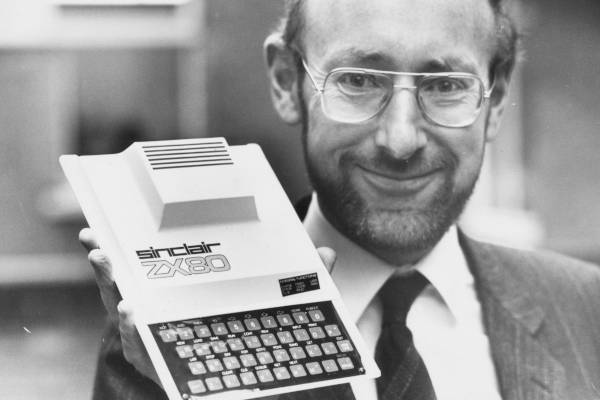
Sir Clive Sinclair, born in 1940, was a British inventor instrumental in shaping the home computer and consumer electronics industries. He founded Sinclair Radionics in 1961, where he developed the first slimline electronic pocket calculator, the Sinclair Executive, marking a breakthrough in calculator technology. Sinclair’s most renowned contribution was the ZX Spectrum, a series of affordable home computers that popularized personal computing in the UK and beyond. These computers were celebrated for their role in education and the development of the video gaming industry. Additionally, Sinclair ventured into electric vehicles with the Sinclair C5, a project less successful but indicative of his innovative spirit. Knighted in 1983 for his contributions to British industry, Sir Clive Sinclair left a lasting legacy in technology, characterized by his pursuit of accessibility and innovation.
Federico Faggin 1941 -
Federico Faggin, an Italian physicist, inventor, and entrepreneur, born on December 1, 1941, in Vicenza, Italy, is acclaimed for designing the world’s first commercial microprocessor, the Intel 4004, in 1971. Educated at the University of Padua, where he earned a doctorate in physics in 1965, Faggin’s early career involved developing the first MOS process technology and integrated circuits at SGS Fairchild in Italy. In 1968, he relocated to the United States, joining Fairchild Semiconductor in Palo Alto, California. Faggin’s groundbreaking work at Intel revolutionized the computing industry, leading to the creation of numerous other integrated circuits. He also founded Zilog, the first company focused solely on microprocessor technology. Recognized for his significant contributions, Faggin received the National Medal of Technology and Innovation in 2009, marking him as a pivotal figure in the advancement of digital technology.
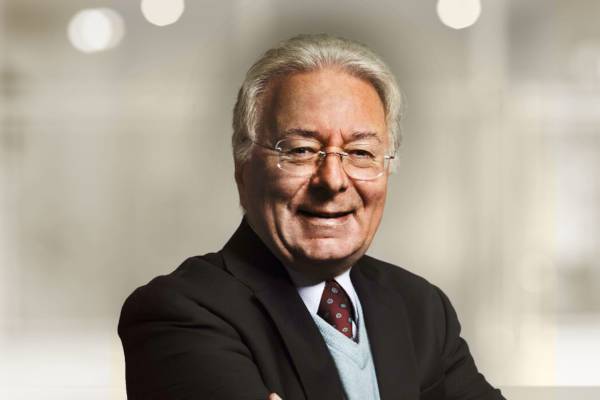
Grace Hopper 1906 - 1992
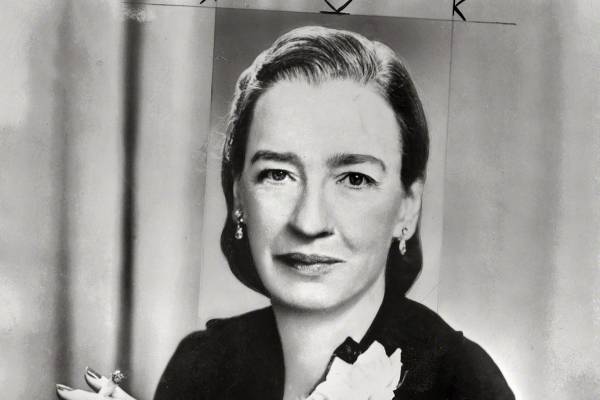
Grace Hopper, born on December 9, 1906, was a pioneering American computer scientist and a United States Navy rear admiral. A visionary in the field, she was one of the first programmers of the Harvard Mark I computer and developed the first compiler, a groundbreaking achievement that transformed computer programming. Hopper’s work laid the foundation for the development of COBOL, one of the first high-level programming languages. Known for her spirited personality and incredible foresight, she popularized the term “debugging” in computing. Hopper’s contributions were pivotal in making computer programming more accessible and user-friendly. Her distinguished military career and her significant impact on computer science earned her numerous awards and honors. Grace Hopper’s legacy continues to inspire generations in the realms of computing and technology.
Jim Westwood 19?? -
Jim Westwood, a notably private individual, played a crucial role in the evolution of home computing as the chief engineer at Sinclair Research Ltd. He began his journey with the company in 1963, dedicating over two decades to developing many of Sinclair’s innovative products. Known for his technical expertise and ability to materialize Clive Sinclair’s ambitious visions, Westwood was a key figure behind Sinclair’s success in the 1970s and 1980s. His work focused on creating affordable and accessible technology, aligning with Sinclair’s philosophy that competitive pricing was essential for market success. Though he preferred to remain out of the limelight, Westwood’s contributions significantly impacted the field of personal computing. His efforts in making technology more accessible have left an indelible mark on the industry, highlighting his importance in the history of computing and electronics.
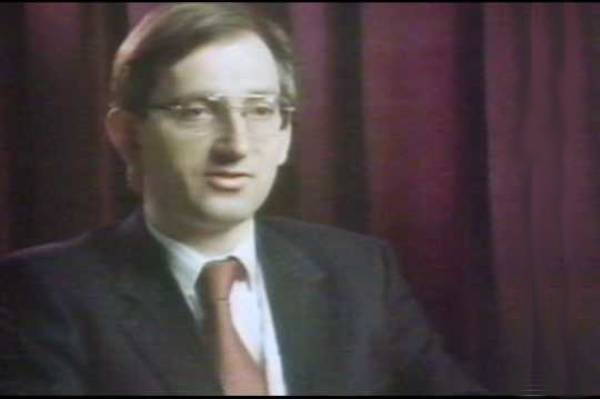
Linus Torvalds 1969 -

Linus Torvalds, born on December 28, 1969, in Helsinki, Finland, is a highly influential software engineer best known for initiating the development of the Linux kernel. In 1991, while studying at the University of Helsinki, Torvalds started working on Linux as a personal project, inspired by his interest in Minix, a Unix-like system. The Linux kernel, which he released under the free and open-source GNU General Public License, has become the cornerstone of the Linux operating system, widely used in server, desktop, and mobile computing. Torvalds’ creation of Git, a version control system used by developers worldwide, is another significant contribution. His work on Linux and Git reflects his commitment to open-source principles, impacting the software industry by promoting collaboration, innovation, and transparency. Torvalds remains a key figure in the open-source movement, influencing the development of software and technology across various platforms and applications.
Sophie Wilson 1957 -
Sophie Wilson, born in June 1957, is a celebrated English computer scientist known for her seminal contributions to the development of computing technology. She commenced her computer science studies at the University of Cambridge in 1975. Her early work includes inventing an automated cow-feeder in 1977 and designing the Acorn System 1, an early microcomputer, which was commercially produced by Acorn Computers from 1979. Wilson’s most significant achievements include the design of the Acorn Micro-computer and the creation of the programming architecture for the original ARM chip, a cornerstone in modern computing. She played a key role in the development of the BBC Micro and ARM architecture, influencing the trajectory of the computing industry. Wilson also served as the Chief Architect of Broadcom’s Firepath processor, demonstrating her enduring impact in the field. Her personal journey includes undergoing gender reassignment in 1994, and her professional accomplishments have earned her a distinguished place in the history of technology.
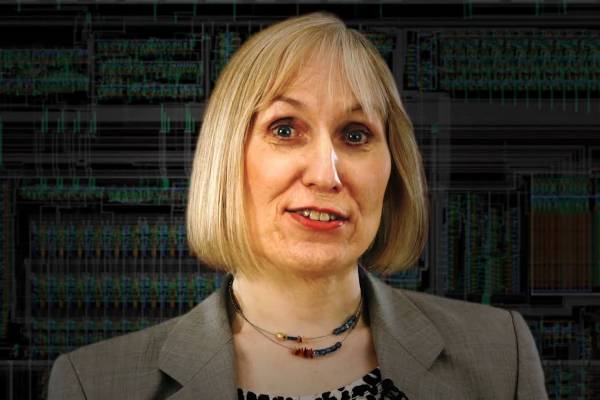
Steve Furber 1953 -
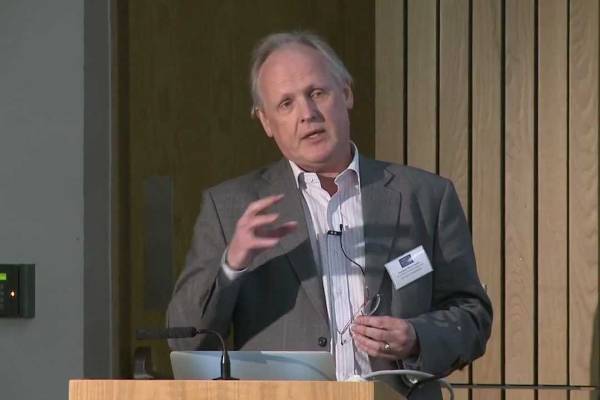
Steve Furber, born in 1953 in Manchester, England, is a distinguished computer scientist and engineer, renowned for his groundbreaking contributions to the field of computer technology. He completed his BA in Mathematics and PhD in Aerodynamics at the University of Cambridge. Furber’s most notable work was at Acorn Computers, where he was instrumental in designing the BBC Microcomputer and the ARM 32-bit RISC microprocessor. The BBC Micro played a pivotal role in computer education in the 1980s, while the ARM architecture he helped develop has become ubiquitous in modern electronic devices, from smartphones to embedded systems. Currently, Furber is the ICL Professor of Computer Engineering at the University of Manchester. His work, spanning across microprocessor design and electronic systems, has had a profound and lasting impact on the technology industry and education, making him a key figure in the evolution of computing technology.
Steve Jobs 1955 - 2011
Steve Jobs, co-founder of Apple Inc., is widely regarded as a visionary in technology and a master of marketing, though his reputation leans more towards marketing genius than computer legend. Born on February 24, 1955, Jobs was not so much an inventor in the traditional sense but rather a brilliant synthesizer of technology, design, and consumer desire. His strength lay in his extraordinary ability to foresee and articulate the potential of technology in ways that resonated deeply with consumers. Jobs excelled in creating a strong brand identity for Apple, emphasizing sleek design, intuitive user interfaces, and innovative advertising strategies. While his technical expertise was not as pronounced as other computer pioneers, his flair for understanding market needs and his charisma in presenting Apple products revolutionized multiple industries, making him an iconic figure in the world of technology and marketing.
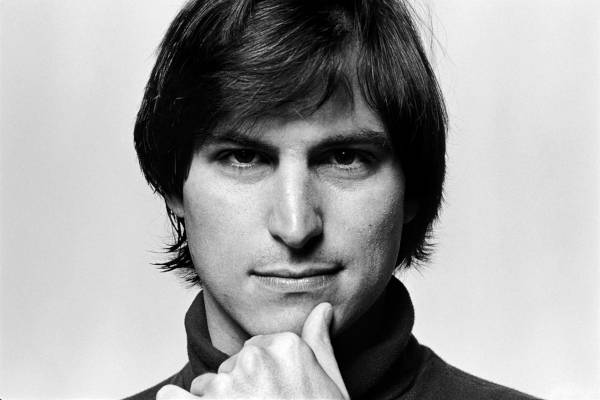
Steve Wosniak 1950 -
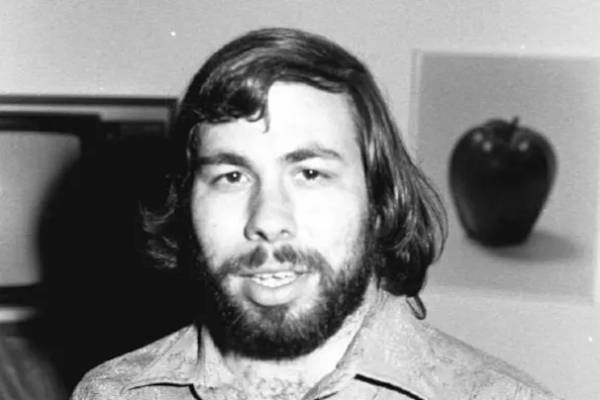
Steve Wozniak, an American electronics engineer, computer scientist, and co-founder of Apple Inc., was born on August 11, 1950. Known as “Woz,” he is celebrated for his significant contributions to the development of personal computing. Alongside Steve Jobs, he designed the Apple I and Apple II, among the first commercially successful personal computers, playing a pivotal role in popularizing home computing. Wozniak’s technical genius, particularly in computer engineering and programming, was instrumental in establishing Apple’s reputation for innovation. His impact extends beyond technology; he is also a noted philanthropist and advocate for education and digital rights, co-founding the Electronic Frontier Foundation. Wozniak’s passion for technology and commitment to innovation have made him a seminal figure in the tech industry, inspiring generations of engineers and tech enthusiasts.
Sir Timothy Berners-Lee 1955 -
Sir Timothy Berners-Lee, a visionary computer scientist born on June 8, 1955, in London, is best known as the inventor of the World Wide Web. His journey began at Oxford University, where he studied physics, leading him to a position at CERN in the 1980s. It was here, in 1989, that Berners-Lee conceived the groundbreaking idea of a global network of interconnected hypertext documents. This concept materialized into the first web browser, server, and the foundational technologies of the internet: HTML, HTTP, and URLs. His innovation transformed the way information is shared and accessed, revolutionizing global communication and information exchange. Berners-Lee’s commitment to a free and open web has been a consistent theme in his career, advocating for the democratic potential of the internet. His contributions have not only reshaped technology but also significantly influenced various facets of society and culture.
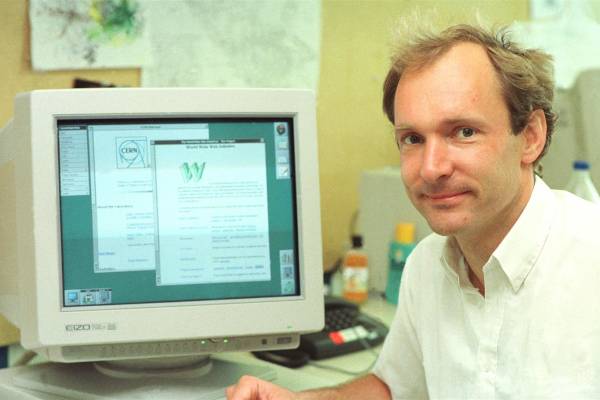
Tommy Flowers 1905 - 1998
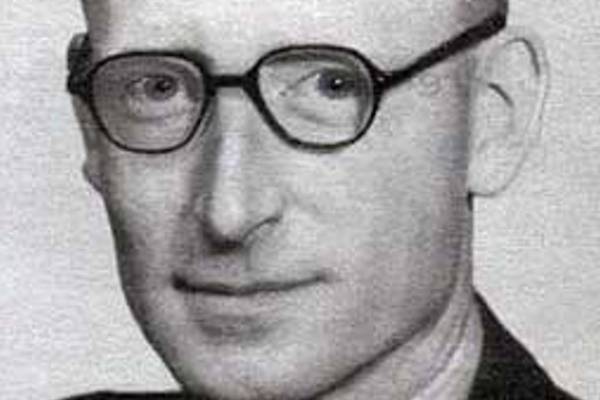
Tommy Flowers, born on December 22, 1905, in London’s East End, was a groundbreaking English engineer, remembered primarily for his contribution to breaking German codes during World War II. The son of a bricklayer, Flowers’ journey in engineering began with a mechanical engineering apprenticeship, followed by earning an electrical engineering degree from the University of London. He worked with the British General Post Office, where he applied his expertise in telecommunications.
Flowers’ most significant achievement was designing and building Colossus, the world’s first programmable electronic computer. This machine played a vital role in deciphering encrypted German messages, significantly contributing to the Allied war effort. His work on Colossus laid foundational techniques for modern computing. Thomas Harold Flowers, who was honored with an MBE, passed away on October 28, 1998, leaving a legacy as a pioneer in computer technology.
Talk to us
Have any questions? We are always open to talk about your business, new projects, creative opportunities and how we can help you.